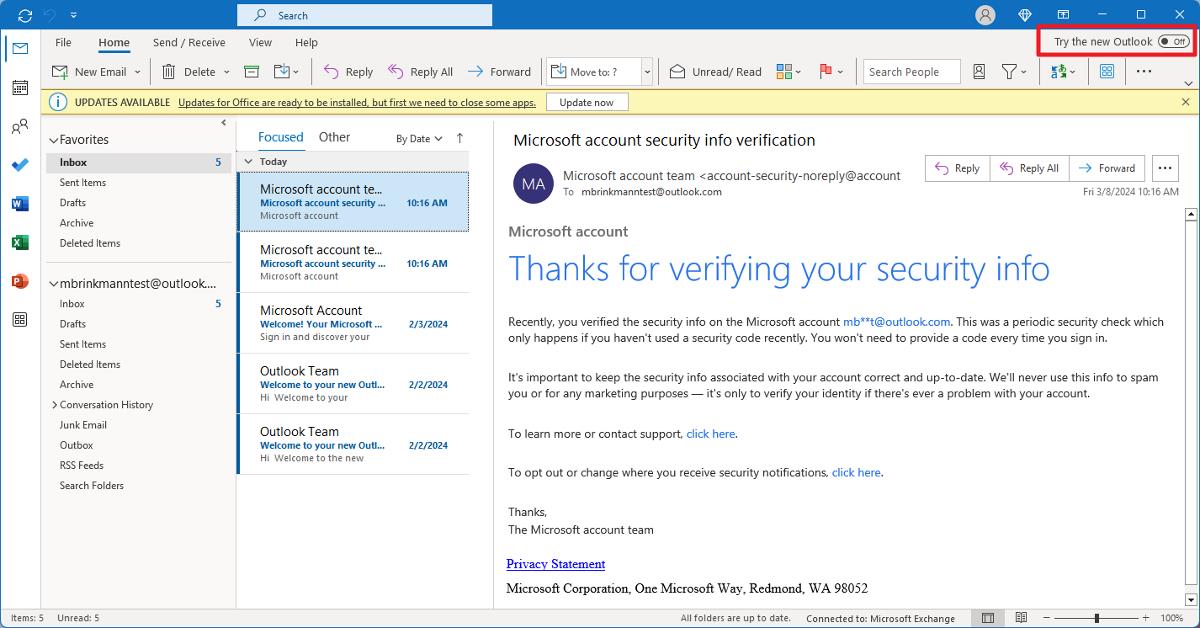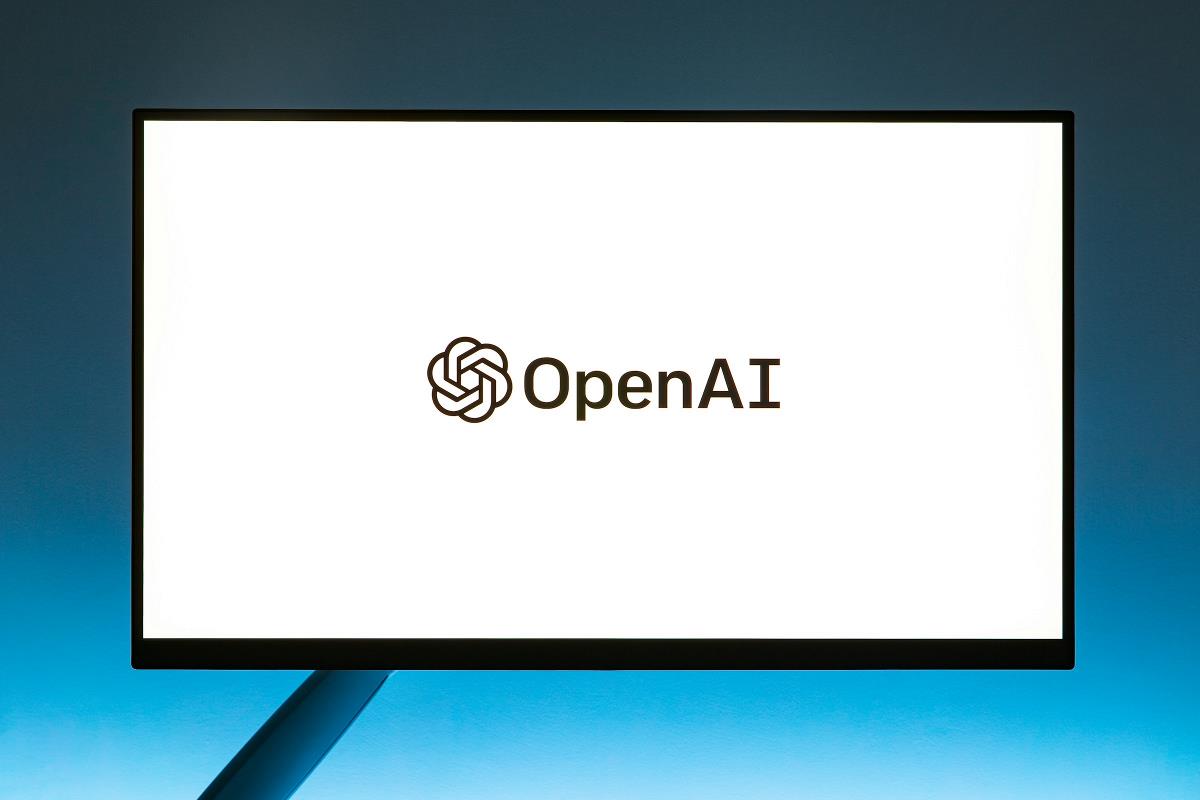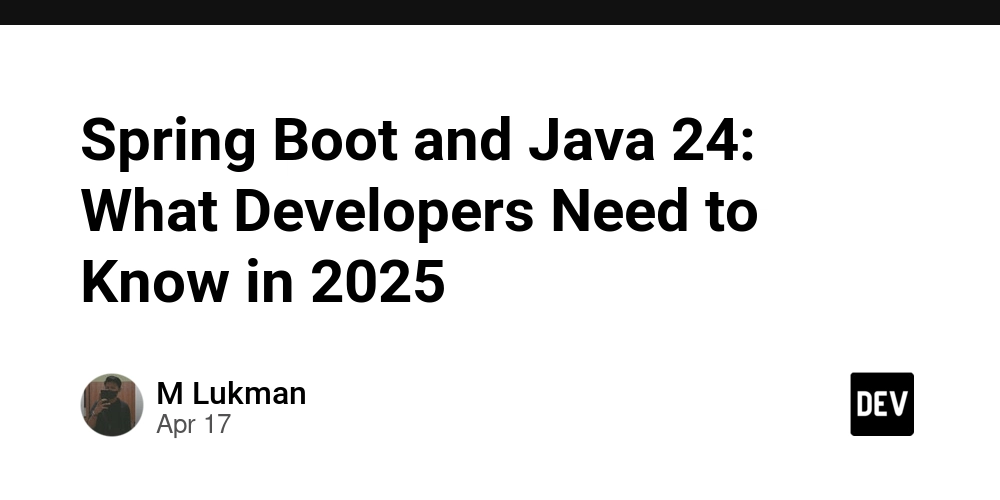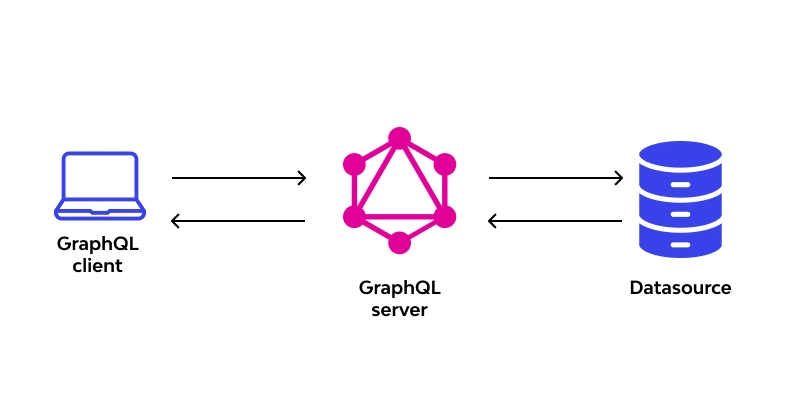AWS Systems Manager Plugin Vulnerability Let Attackers Execute Arbitrary Code
A critical vulnerability in the AWS Systems Manager (SSM) Agent that could allow attackers to execute arbitrary code with elevated privileges. The vulnerability, stemming from improper input validation within the ValidatePluginId function, affects a core component used to manage EC2 instances and on-premises servers across AWS environments worldwide. According to Cymulate’s report, the vulnerability resides […] The post AWS Systems Manager Plugin Vulnerability Let Attackers Execute Arbitrary Code appeared first on Cyber Security News.
.webp?#)
A critical vulnerability in the AWS Systems Manager (SSM) Agent that could allow attackers to execute arbitrary code with elevated privileges.
The vulnerability, stemming from improper input validation within the ValidatePluginId function, affects a core component used to manage EC2 instances and on-premises servers across AWS environments worldwide.
According to Cymulate’s report, the vulnerability resides in the ValidatePluginId function within the pluginutil.go file in the official AWS SSM Agent GitHub repository.
AWS Systems Manager Plugin Vulnerability
This function fails to properly sanitize user inputs on plugin IDs, allowing attackers to include malicious path traversal sequences such as ‘../’ in the plugin ID.
“The SSM Agent is a crucial component for remotely managing and configuring EC2 instances and on-premises servers,” explains the security advisory.
“It processes commands defined in SSM Documents, which are typically written in JSON or YAML and include instructions for various system tasks.”
During execution, the SSM Agent dynamically creates directories and files based on provided plugin IDs.
The vulnerability emerges from a lack of rigorous validation that permits attackers to manipulate these plugin IDs, resulting in unauthorized file creation and script execution with root privileges.
Exploitation Technique
In a demonstrated exploit, an attacker could set the plugin name in an SSM document to a path traversal string such as ‘../../../../../../malicious_directory’. When this document is executed, the SSM Agent erroneously creates directories in unintended locations, such as the /tmp directory.
The execution path follows this pattern:
This resolves to a location where a _script.sh file is generated and executed with root privileges, potentially enabling privilege escalation and system compromise.
An example command using AWS CLI to upload such a malicious document is shown below:
Impact and Remediation
Successful exploitation could allow attackers to create directories in unintended locations, execute arbitrary scripts with root privileges, and potentially escalate privileges by writing files to sensitive areas of the system.
Following responsible disclosure on February 12, 2025, AWS promptly patched the vulnerability on March 5, 2025, with the release of Amazon SSM Agent version 3.3.1957.0.
“Add and use BuildSafePath method to prevent path traversal in the orchestration directory,” stated the release notes published by AWS on GitHub.
Security experts recommend several mitigation strategies:
- Update to the latest SSM Agent version immediately.
- Implement strict input validation for plugin IDs.
- Avoid inputs containing path traversal patterns.
- Use secure methods like BuildSafePath to safely resolve directory paths.
This vulnerability serves as a reminder that even well-established cloud platforms remain susceptible to sophisticated attacks.
Cloud administrators are urged to enforce proper input validation and maintain vigilant monitoring for unusual system behaviors to protect sensitive data and ensure system integrity.
For organizations using AWS SSM Agent, immediate remediation through patching is critical to mitigate potential exploitation attempts, as adversaries continue to target cloud infrastructure with increasingly sophisticated techniques.
Application Security is no longer just a defensive play, Time to Secure -> Free Webinar
The post AWS Systems Manager Plugin Vulnerability Let Attackers Execute Arbitrary Code appeared first on Cyber Security News.







































































![New Beats USB-C Charging Cables Now Available on Amazon [Video]](https://www.iclarified.com/images/news/97060/97060/97060-640.jpg)
![Apple M4 13-inch iPad Pro On Sale for $200 Off [Deal]](https://www.iclarified.com/images/news/97056/97056/97056-640.jpg)














![Foldable e-ink readers are a thing now [Gallery]](https://i0.wp.com/9to5google.com/wp-content/uploads/sites/4/2025/04/mooink-v-foldable-e-ink-1.jpg?resize=1200%2C628&quality=82&strip=all&ssl=1)




















































































































































































![[The AI Show Episode 144]: ChatGPT’s New Memory, Shopify CEO’s Leaked “AI First” Memo, Google Cloud Next Releases, o3 and o4-mini Coming Soon & Llama 4’s Rocky Launch](https://www.marketingaiinstitute.com/hubfs/ep%20144%20cover.png)


































































































































































.png?width=1920&height=1920&fit=bounds&quality=70&format=jpg&auto=webp#)




































































